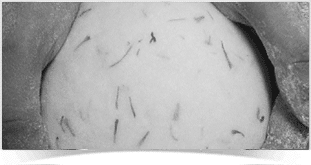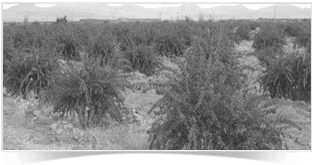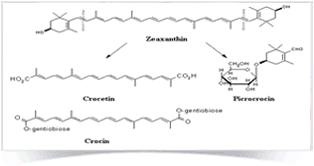Saffron is an Antioxidant and Anti-Inflammatory
Researchers in Iran, publishing in the October 2009 issue of Psychopharmacology, gave 54 adults, aged 55 years and older, either a 30 milligram per day dose of saffron (in a capsule) or 10 milligrams per day of donepezil for a period of 22 weeks. Donepezil (brand name Aricept) is used to treat dementia associated with Alzheimer’s disease. At the end of the study, saffron was found to be similarly effective to that of the prescription medication, but with fewer side effects (most notably vomiting).
Another study, published more recently in the October 2010 issue of the Journal of Clinical Pharmacy and Therapeutics, found that crocus sativus, the botanical name for saffron, was effective – at least in the short term – in inhibiting the aggregation and deposition of amyloid beta plaques in the brain, leading to significantly better outcomes on cognitive function in those with mild to moderate Alzheimer’s disease over those taking a placebo.
In February, researchers from the University of Sydney published findings that suggest that patients given saffron for a period of three months experienced improvements in vision while taking the pills. “But when they stopped…the effect quickly disappeared,” said lead researcher Professor Benedetto Falsini. Saffron appeared to work by regulating fatty acid content of cell membranes, making vision cells “tougher and more resilient.”





